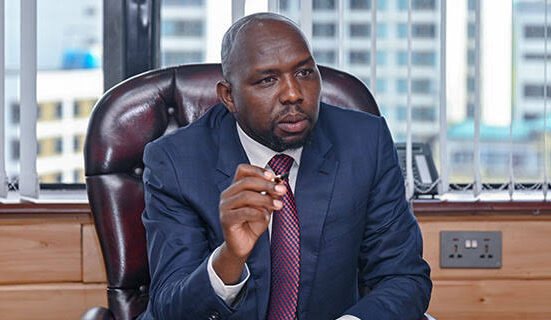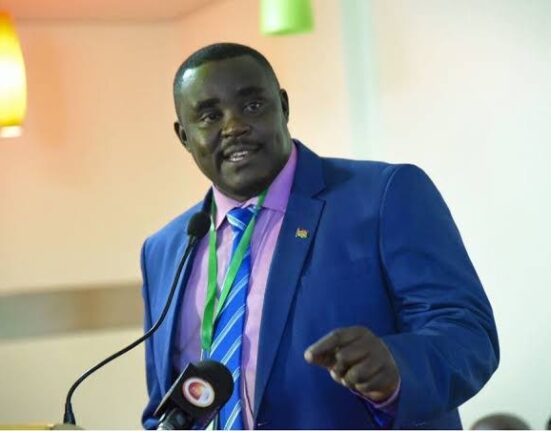Interior Cabinet Secretary Kipchumba Murkomen has spoken about the fast action taken by the Directorate of Criminal Investigations in the murder case of Kasipul MP Charles Ongondo Were. His remarks came during an interview on Citizen TV, where he responded to public questions about how fast this particular case moved compared to other cases that have either been slow or still unresolved.
Many Kenyans have been raising concerns about the speed of justice, especially in cases involving judicial killings and ordinary citizens whose cases seem to be ignored.Murkomen explained that the case of Ongondo Were moved faster because the evidence was clear.
He said it was an unfortunate incident, but the presence of CCTV footage made the investigation easier. The footage reportedly showed who the MP was last seen with before his murder. This helped the police move quickly to identify suspects and arrest them without delay.
According to Murkomen, the fact that some of those arrested were last seen with the MP inside Parliament made it even more straightforward for the investigators to build a case.
“I think the case of Ongondo Were was very unfortunate. He is not the only one that has been investigated, and persons charged expeditiously.
The issue of Ongondo Were was almost straightforward, the CCTV cameras quickly showed who was with him in Parliament, and it was easy to arrest all these people,” Murkomen said during the interview.
He also addressed criticism that the government only acts fast when high-profile people are affected. He admitted that Ongondo’s position as a sitting MP brought more public and media attention, but argued that this did not mean that other cases were not being investigated.
He said that law enforcement is always working on different cases across the country, although most of them do not get the same kind of attention in the media.Murkomen said, “Because Ongondo Were is an MP and was given prominence, there are many other cases that police investigate, and charge people all over the country.”
His comments come at a time when Kenyans are still waiting for justice in many unresolved cases, especially those involving disappearances, extrajudicial killings, and crimes committed against ordinary citizens.
Many feel that justice is often delayed or denied when the victims are not well-known or connected. Murkomen’s explanation helps people understand how evidence and public pressure can affect how fast a case is handled, but the concern remains that justice should not depend on who the victim is.
Kenyans continue to call for equal treatment in all cases, demanding that every person, whether powerful or not, should get justice without delay.








Leave feedback about this